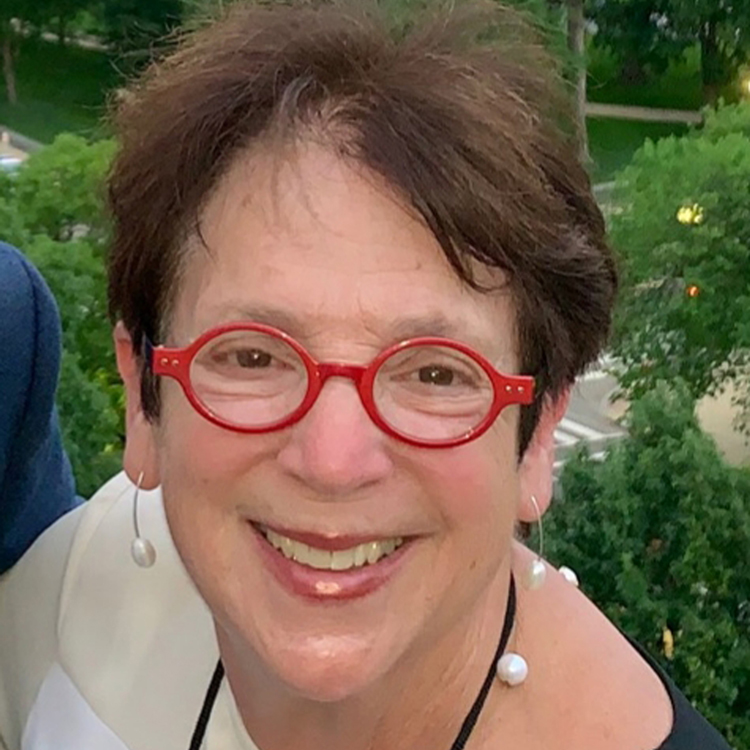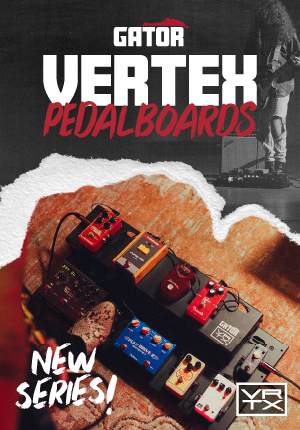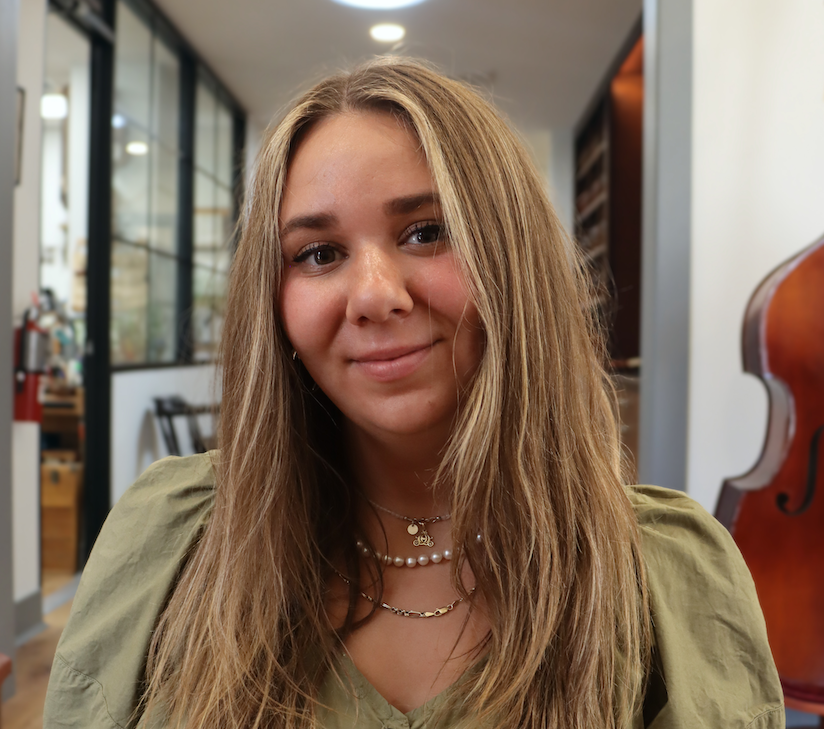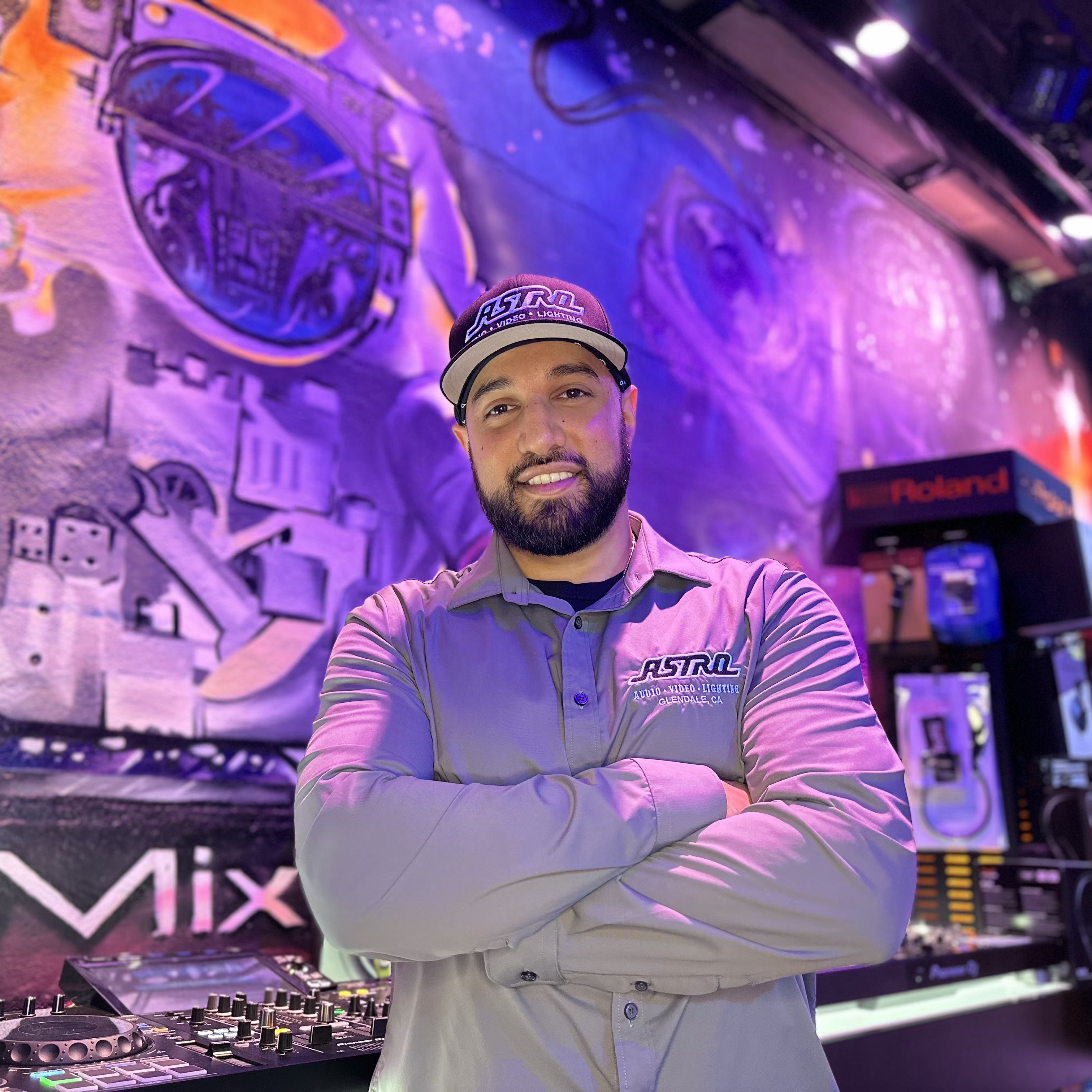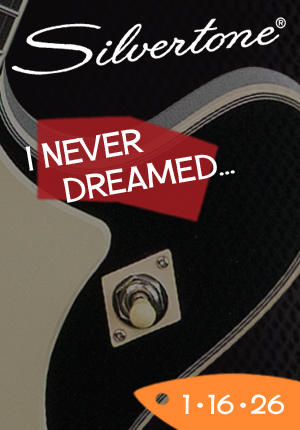When I asked Jenna Day, owner of Day Violins in Chantilly, Virginia, how she felt about being back at the first NAMM Music Education Advocacy event in Washington, D.C., since the pandemic, her response was direct. “I loved being back.”
That same sentiment was expressed by all 27 of the NAMM members who returned to D.C. for the advocacy lobbying visit, formerly known as the NAMM Fly-in, now dubbed Hill Day. only 27 this year, with additional people having virtual meetings with their representatives from home. Still, the total number of
meetings as of September 22 had reached 73. Not bad at all.
But, why did NAMM choose a date in mid-September?
Mary Luehrsen, NAMM’s director of public affairs and government relations and the only NAMM representative on site during Hill Day, explained there were a few reasons for this year’s timing.
“We had to do something,” Luehrsen said. “So much time had gone by [that] we needed to show up.”
Luehrsen also shared that Congress was still in session in mid-September, but would soon leave Washington to go back to their home districts to campaign for the midterm elections, and it was important to see them before they left town.
She also mentioned that Congress was then considering the continuing resolution on federal appropriations, and NAMM wanted to lobby each member to convince them to keep the funding for music education.
HILL DAY — FROM THE TRENCHES
So, how would these meetings with Congress take place?
At the request of congressional staff, meetings were held in three different ways: in person in their office, outside the congressional buildings (I attended one with the Pennsylvania delegation on the lawn in front of the Capitol). But how this event came to be is a story in and of itself. The first notice any member received was in late June when NAMM sent an email announcing “the wait was over,” and we’d be heading back to D.C. for a “post-Covid NAMM Music Education Advocacy Hill Day event.”
This would be very different from previous D.C. visits, as I will explain in detail below, but first and foremost because of when it was scheduled: Sept. 14. That’s right, smack dab in the middle of the busy fall band rental season for retailers. Yikes! In the past, NAMM scheduled its visit to Congress in May, but Sept. 14 made it very difficult for retailers with school music accounts to attend.
How did they solve that? In addition to inviting its members, NAMM decided to include community partners, music educators, nonprofit leaders and others to create a wide network of music education advocates as participants. That was very good idea, since, as I mentioned, the timing was pretty much impossible for music retailers.
Additionally, instead of a holding a lobbying training day in D.C. like usual, all pre-visit training would be online starting Aug. 18. Also, there would be no Day of Service at a local elementary school, no night before dinner and no lunch at the Capitol during the visit — like there had been in the past. Attendees were on their own to cover expenses, and everyone was encouraged to Despite scheduling grapples, the NAMM Hill Day event advocating for music education was an overall success. have virtual meetings if they couldn’t come in person. I have to admit, all of this had a lot of us scratching our heads. But, NAMM members and music education advocates are a
hardy bunch. Many of us have been lobbying our representatives for music education in schools for 10 years or more, and the possibility of coming back — under any circumstances and jumping over whatever hurdles — would be well worth it. Granted, the or virtually. Nelson Mullins, NAMM’s lobbying group, was kind enough to give us offices for the virtual meetings.
This year, in order to enter Congress’s office buildings, NAMM delegates had to be escorted by a staff member. We had to call the office and a staff member would come out to escort us in. Interestingly, the security inside the building was the same as it was before the pandemic and Jan. 6.
Also, important to note: Sept. 14 was the first time all congressional office buildings were open to lobbyists since the pandemic. Many staffers shared with me that they hadn’t seen this many people in the buildings in more than two years.
THE BUZZ ON THE HILL
From the meetings I attended, and in hearing from everyone I spoke with, the event was surprisingly familiar to past NAMM advocacy events.
“I spend most of my time at the grassroots level in my community, with students and teachers and schools,” Day said. “But, when I get to walk the halls of the Capitol, the thrill never fades. The halls still hold a magic to them, the humongous wooden doors, the marble, the state flags, and the stars and stripes everywhere. I love every thing about it. It was great to be back.”
Day, being from the Old Dominion, added that, “Team Virginia was badass this year.”
Throughout the event, NAMM’s commit ment to music advocacy for children, an to its continual push for music education in schools, was clear. The true strength of the NAMM membership is that when most retailers could not make the trip due to school rental seasons, member companies
stepped up.
Yamaha and Taylor Guitars were two of those member companies. Heather Mansell
from Yamaha and Lindsay Love-Bivens of Taylor Guitars both joined the California delegation on the hill.
“If we want music education programsto expand and if we want to reduce the
equality gap in music education, we must be present and consistent in our advocacy, especially as leaders in the music products industry,” said Love-Bivens, who was also a first-time delegate. “Meeting with members of Congress allows us to share the direct impact music education, specifically offered during the school day, has had on our and others’s lives. We can share data and results from different studies, but when we tell personal stories to back up that data, it humanizes the issue.”
Two other first-time delegates included Joshua Curlett, CEO of Sound Pro, and JP Parekh, owner of Rice Music House in South Carolina.
“After meeting with my representatives, I felt I made a difference through our conversations and would encourage all NAMM members to participate in strengthening our industry,” Curlett said.
Parekh added, “If you don’t [constantly advocate for music education], our representatives will forget it. Music education advocacy is a very important part of our industry — we have to continue to meet with our representatives, or the message that music education is important is lost.”
Tristann Rieck, owner of Brass Bell Music Store, was the only member of the NAMM board of directors in attendance.
“As we all know, there’s nothing like a face-to-face gathering,” Rieck said. “I believe this so intensely [that] Lizzy and I from Brass Bell were happy to hop on a plane and fly to D.C. even though virtual meetings were an option. This year’s Hill Day was exactly that: a reconnecting and rebuilding of all our relationships with our members of Congress. With all that has changed in our world, a little normal was so needed.”
Mark Despotakis, Pennsylvania Music Educators Association’s director of public and government affairs and a longtime music education advocate said, “It was important to be back to in-person meetings in Washington. So much of advocacy work is about connections and relationships. And we know that during the pandemic, there was a good bit of staff change over in Congressional offices. Being back in Washington with NAMM was important, [as was] creating new connections with new staff members [and] talking to them about the importance of music education and how Congress can help fund it.”
Some NAMM member delegates were requested by their representatives to have virtual meetings, so they didn’t attend. Lee Raymond, former owner of High Strung Violins, said she was impressed with the online tutorials and appreciated the ability to go over sections as many times as necessary. Raymond said that her virtual meetings were better than the in-person meetings she’s had in the past because she had the undivided attention of her representative’s staffers.
But one magical moment could only have happened at a face-to-face meeting.
During one meeting with Wisconsin Rep. Glen Grothman’s legislative assistant Connor Torossian, Brass Bell Music’s Tristann Rieck and Lizzy Cichowski, as well as myself, were discussing the National Association for Music Educators (NAfME). When Cichowski asked me if I had anything to add, I thought for a moment and said that NAMM is such a strong organization that NAfMe’s president, Scott Sheehan, was standing right outside the office and would be more than willing to come in and answer Torossian’s questions himself. And, just like magic, NAfME’s Sheehan stepped into the office and spoke eloquently about music education.
So, was the scramble worth it? The answer was a resounding one — we came, we met, and we made a difference. And everyone I spoke with said it was a great day. According to Luehrsen, NAMM will most likely never go back to having only in-person advocacy meetings. The next Hill Day Fly in event will aim to have 100 people for the in-person meetings and 100 more for virtual meetings. Luehrsen added that next year’s meetings will take place in November, when
all retailers can actually participate.
All in all, we look forward to being back in Washington, D.C. — whether it’s virtually or in person in 2023! MI
Myrna Sislen owns and operates Middle C Music in Washington, D.C.

